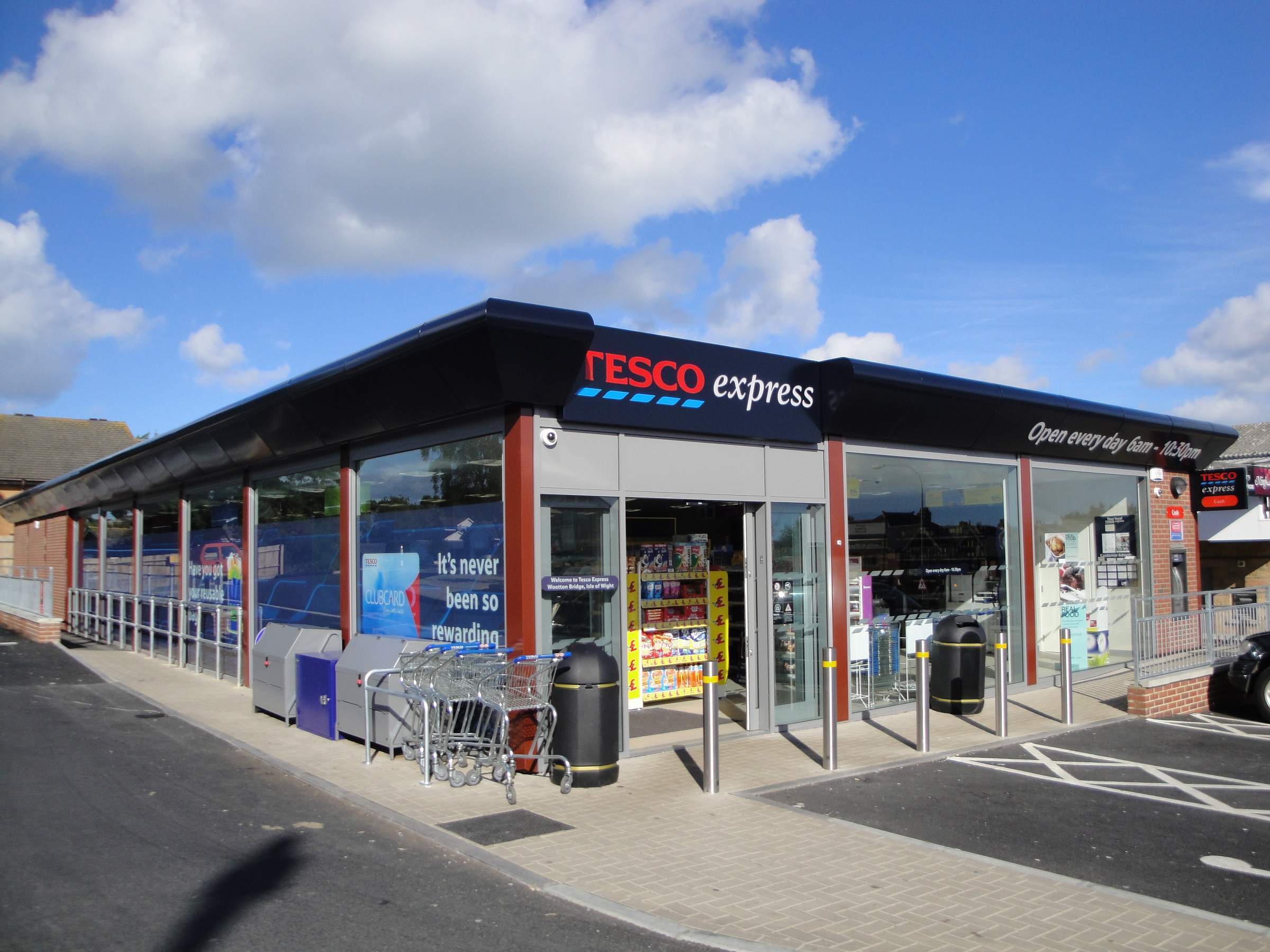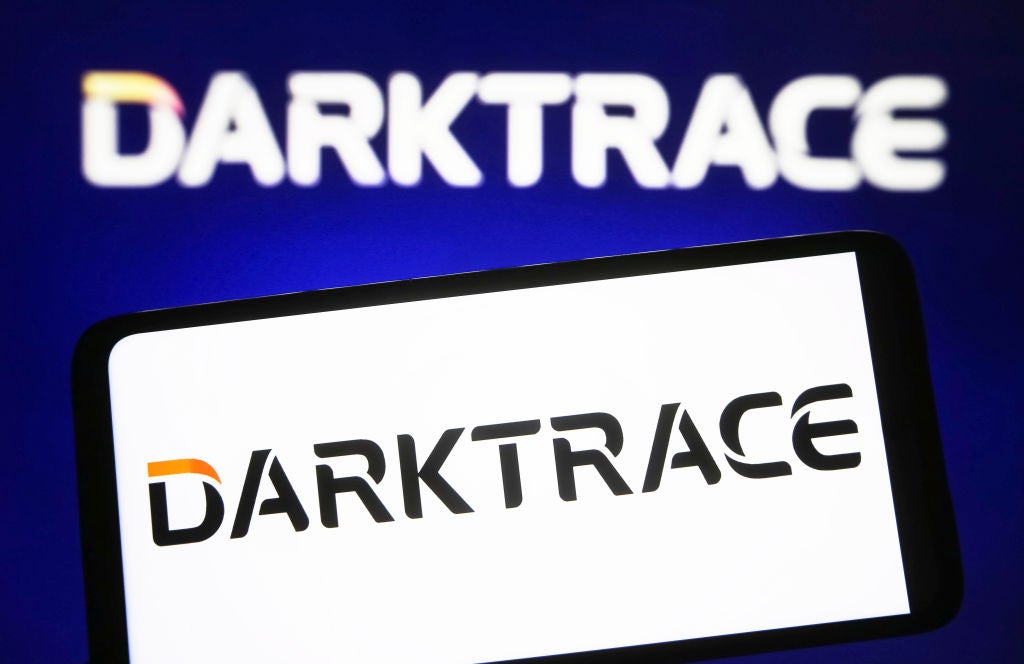
The UK’s competition regulator has given provisional clearance for Tesco‘s £3.7bn takeover of food wholesaler Booker.
How could the deal affect food prices, suppliers, wholesalers and other UK supermarkets?
Could a tie-up of this kind help traditional brick and mortar supermarkets compete with e-commerce giants like Amazon?
Why provisional clearance was granted
Tesco is the UK’s biggest supermarket chain and Booker is the UK’s largest wholesaler, supplying 5,400 stores operating under the Londis, Premier and Budgens brands.
The Competition and Markets Authority (CMA) found that the two groups did not compete head-to-head in most of their activities, particularly in the catering sector where Tesco does not currently operate.
Booker’s share of the UK wholesaling market, at less than 20 percent, “was not sufficient to justify the longer-term concerns”, according to the CMA.
How well do you really know your competitors?
Access the most comprehensive Company Profiles on the market, powered by GlobalData. Save hours of research. Gain competitive edge.

Thank you!
Your download email will arrive shortly
Not ready to buy yet? Download a free sample
We are confident about the unique quality of our Company Profiles. However, we want you to make the most beneficial decision for your business, so we offer a free sample that you can download by submitting the below form
By GlobalDataWhile Tesco is the biggest retailer in the UK grocery sector with a market share of 28 percent, the supermarket still faces competition from discounters like Aldi and Lidl as well as the e-commerce giant Amazon.
Simon Polito, chair of the inquiry group said today:
Our investigation has found that existing competition is sufficiently strong in both the wholesale and retail grocery sectors to ensure that the merger between Tesco and Booker will not lead to higher prices or a reduced service for supermarket and convenience shoppers.
Following the CMA announcement, Tesco’s shares increased by 4.5 percent, while Booker shares were up by 4.7 percent.
Russ Mould, investment director at A J Bell told Verdict that the CMA’s decision is not a surprise given that existing industry competition is sufficiently strong:
It’s an extremely competitive market with the big three or four supermarkets, plus the German discounters [Lidl and Aldi]. I can understand why the CMA decided to give the Booker deal the nod. If you talk to any food retailer, they are concerned about margin pressure, which isn’t usually the sign of an oligopoly.
Could other UK supermarkets follow Tesco’s lead?
If the deal goes ahead and “Tesco can prove that it works”, Sainsburys and Morrisons could look to do similar deals with wholesalers, according to Mould:
Two UK supermarkets — Sainsburys and Morrisons — could soon find themselves in the squeezed middle given that they are already ceding market share to the discounters. Now that the Tesco Booker deal has been given provisional clearance, they have the most to think about strategically.
The Co-operative is already looking to diversify into the wholesale market.
On Monday, wholesaler Nisa’s shareholders approved a £137m takeover bid from the Co-operative, the sixth biggest UK supermarket.
Sainsbury’s walked away from talks to buy Nisa earlier this year citing competition concerns.
A good deal for suppliers and wholesalers?
The CMA dismissed concerns that the deal would enable Booker to squeeze other UK wholesalers by securing better suppliers’ terms.
Favorable terms “might increase competition in the wholesale market, as well as reducing prices for shoppers,” the watchdog said in a statement published today.
Laith Khalaf, a senior analyst at Hargreaves Lansdown told Verdict that while the deal will hit suppliers’ margins, it will increase volumes.
If you’re a producer for Booker or Tesco, then their combined buying power gives them a bit more leverage in terms of getting a deal from you. Yes, it could squeeze those producer’s margins, but at the same time boost their volumes and profits.
Seven of Booker’s rivals including Spar and Bestway who together account for 60 percent of the market continue to urge the CMA to block the tie-up.
Last month, they wrote a letter to the CMA insisting that the Tesco Booker merger stifles competition:
With these prices, it [Tesco] will be able to drive its competitors, be they delivered wholesalers, cash and carry or symbol operators, out of business. At the retail level, the combination of Booker’s wholesale prices and Tesco’s deep pockets will present independent retailers with a stark choice: Join a Booker/Tesco symbol or go out of business.
Changing shopping habits
The UK’s online food market is expected to grow by 54 percent to £16bn ($21bn) in the five years to 2022, according to industry research group IGD.
Apart from Tesco, only two other UK supermarkets — Sainsburys and Morrisons — offer same-day delivery services.
Meanwhile, Amazon is expected to swallow up to 3 percent of the UK grocery market by 2020, which is the equivalent to £1.4bn of sales.
By merging with wholesalers, can supermarkets improve their online offerings?
“You’d like to think that any wholesaler is going to be a whiz at logistics. Food retailers are constantly looking to do online better so the Booker deal is a way for Tesco to raise its game on the e-commerce front,” Mould told Verdict.
The CMA’s final decision on the Tesco Booker merger is expected to be announced next month.







